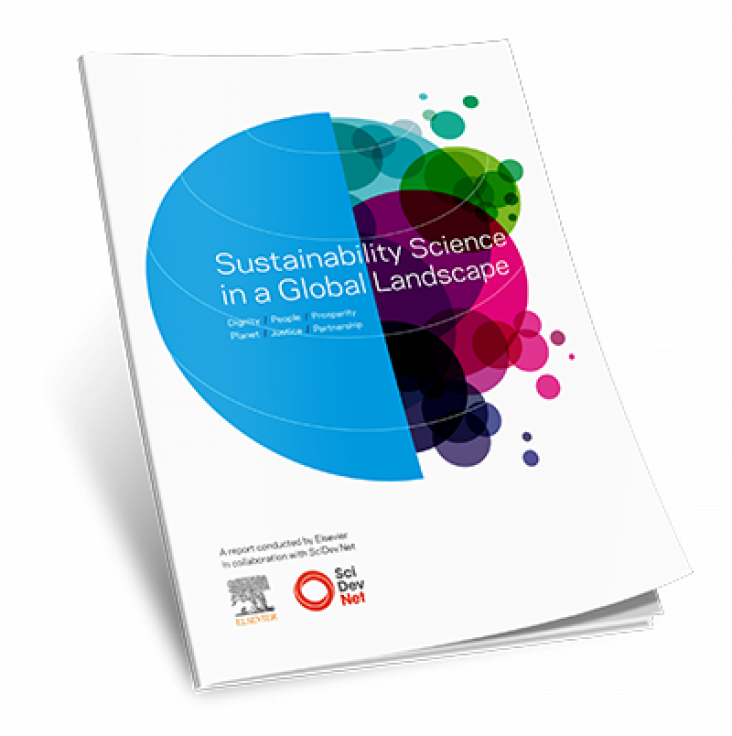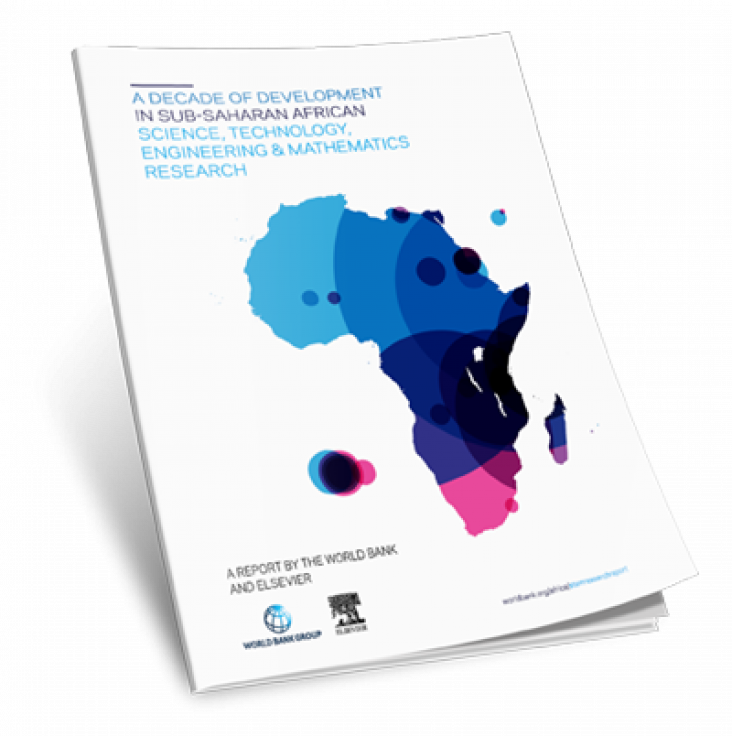
This report, conducted by Elsevier in collaboration with SciDev.net, contributes to the understanding of sustainability science as a research field and the dialogue between science and society in sustainable development. The report is relevant to all 17 SDGs as it underlines the inter-disciplinary nature of sustainability science and the impact that has on the success of the SDGs. The report helps to advance SDG 4 Quality education and SDG 10 Reduced inequalities.
This report offers practical advice and sparks of inspiration for creating child labour free zone, which are issues covered by Goal 4, Goal 8, and Goal 12
This report highlights how businesses have had a strong focus on advancing Goal 4, working with different stakeholders.
With the increasing importance of sustainability education, this chapter analyses the competence requirements of sustainability managers and the different learning formats that best support competence development. It aligns to goal 4 (quality education).
A compilation of good practices gathered from desktop research or submitted by UN Global Compact participants in response to a call to share actions and initiatives that their companies are undertaking to respect and support children’s rights, focusing on Goal 4 and Goal 8.
This report calls on business to promote entrepreneurship among young people and to support and invest in youth-owned enterprise, which are issues covered in Goal 4 and Goal 8.
This chapter advances SDG 4, 5, and 10 by exploring the known reasons why African-Americans do not pursue or persist in science, technology, engineering, and mathematics (STEM) disciplines in general and in computing sciences in particular.

This report, a partnership between Elsevier and the World Bank, examines and compares the research enterprise of sub-Saharan Africa from 2003 and 2013, with a special emphasis on research in STEM. This analysis provides valuable insights that help to advance SDG 4 Quality education and SDG 10 Reduced inequalities.
Elsevier,
Improving Library Services to People with Disabilities, Chandos Information Professional Series, 2007, Pages 65-86
To maximize potential, people must have lifelong access to the information and services offered through books and libraries. Whether to address concerns of an ageing population or to enable all citizens to contribute fully through meaningful education and work opportunities, more emphasis is being given to promoting library services to people who have disabilities. This content addresses SDGs 4 and 10 by focusing on serving adults with disabilities in an international setting allowing librarians, policy makers and constituents to understand the importance of serving all potential patrons.
Elsevier,
Improving Library Services to People with Disabilities, Chandos Information Professional Series, 2007, Pages 1-20
To maximize potential, people must have lifelong access to the information and services offered through books and libraries. Whether to address concerns of an ageing population or to enable all citizens to contribute fully through meaningful education and work opportunities, more emphasis is being given to promoting library services to people who have disabilities. This chapter addresses SDG 4 as librarians, policy makers and constituents will gain an understanding of the importance of serving all potential patrons.
